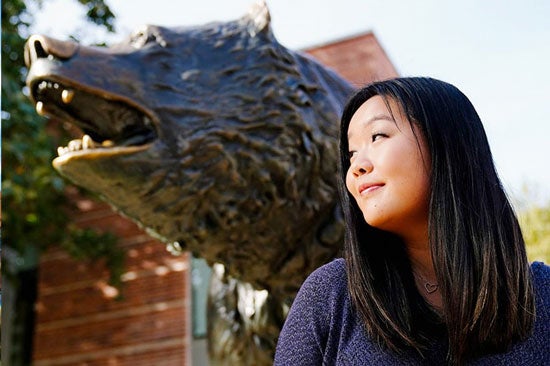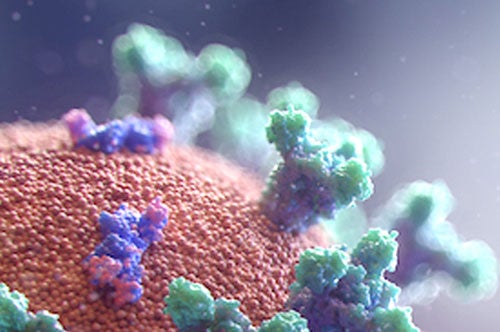
Ramping down UCLA laboratory research
To the Campus Community:
This message is sent with gratitude for your patience while we navigate the ever-changing environment of the developing COVID-19 crisis. As we continue to take measures to protect the health and well-being of everyone in our campus community, we have made the decision to ramp down nonessential campus operations, including research activities.
Effective immediately, each principal investigator or group leader of a laboratory research program (experimental, computational or otherwise) must prepare and implement a strategy to ramp down campus laboratory research activities, with the expectation that suspended lab access will likely last at least six to eight weeks. PIs and laboratory leaders should also share your strategies with your department leadership.
In your strategy, anticipate how the work of your group will be slowed or stopped for the coming weeks and identify essential research personnel and essential experiments.
To be clear, essential research personnel are those individuals who are:
- Necessary to ensure the ongoing viability of research, including the well-being of research animals. This includes vivarium staff and non-vivarium lab staff responsible for animal care.
- The faculty and/or research staff who are necessary to ensure the ongoing viability of research that includes not easily replaceable perishable research materials. Not easily replaceable perishable research materials could include primary cell lines or long-term experiments for which there would be considerable cost and/or time associated with requiring the experiment to end. (An example would be a continual, ongoing one-month experiment that requires regular measurements or maintenance, without which all previous data would be lost.)
- Responsible for maintenance of equipment that, if not done, could result in damage to equipment or extraordinary cost — for example, cryogen fill on NMR spectrometers.
- Researchers working on experiments that have a small window for completion — for example, research that relies on the ability to make specific measurements only a few times a year.
Note that students (including graduate students and postdoctoral scholars) are not mandated to serve as essential personnel. The decision to report to campus lies with the student worker, not their research advisor.
Essential experiments are those for which suspension of activities would cause irreparable harm to the research project. Any requests for continuation of such a project must be approved by the Vice Chancellor for Research.
You may wish to use the UCLA Laboratory Ramp-Down Checklist (PDF) to plan the ramp-down process, noting that not all of the items on the list may apply to your specific lab. While this process may be disheartening, know that the steps you take now will support the long-term success of our labs and research groups.
In addition, be advised that effective March 16, UCLA has issued a temporary policy related to human subjects–related research visits. Specifically, in-person research visits should not be conducted unless the specific research visit provides an immediate benefit to a participant’s health and/or well-being. Visit UCLA CTSI Research Go and the Office of the Human Research Protection Program website for detailed information about UCLA’s COVID-19 clinical research policy and human subjects research.
In the meantime, I ask that you actively encourage staff, students and postdocs in your group to work from home whenever feasible. Encourage your colleagues to maintain a safe space of six feet from each other and practice good hygiene, and model these practices yourself. Absolutely require that if anyone in the group is sick, including essential personnel, they do not come to work. Establish a system by which you, and members of the lab, can check each other’s status.
As a reminder, the University of California Office of the President has stated that under no circumstances are researchers to take materials — other than laptops and data storage devices — off site, including to their homes.
We are facing an unprecedented challenge with COVID-19 and must all do our part to flatten the growth curve to protect our community and lessen predictable pressures on our public health infrastructure. Visit UCLA’s dedicated COVID-19 website and Bruins Safe Online for additional information and contact C19@research.ucla.edu with your research-specific questions.
Sincerely,
Roger Wakimoto
Vice Chancellor for Research and Creative Activities


